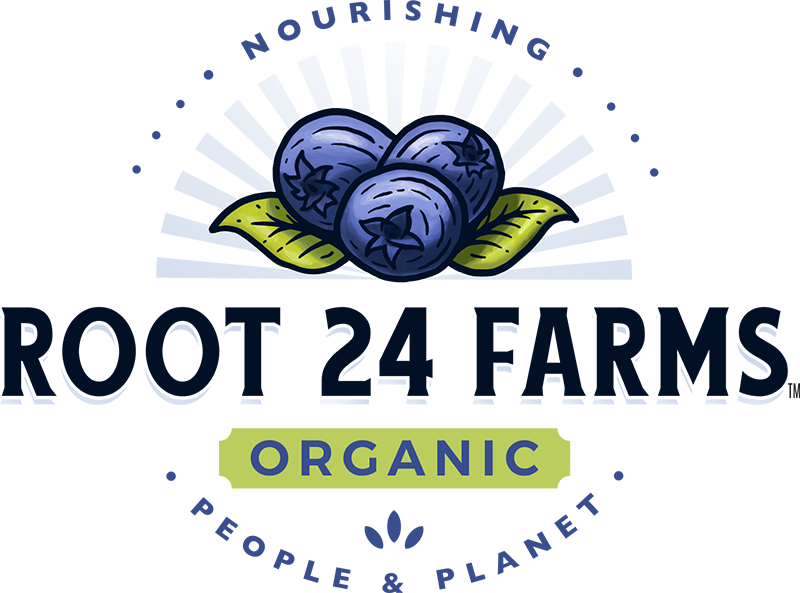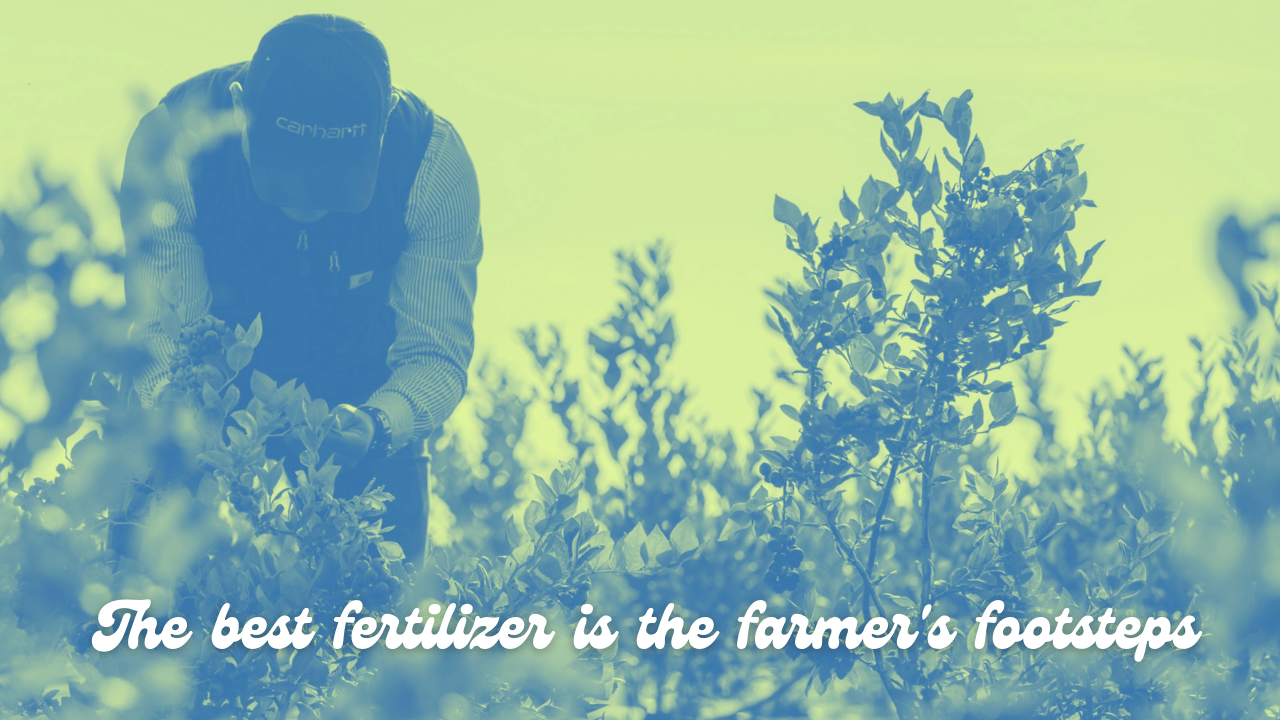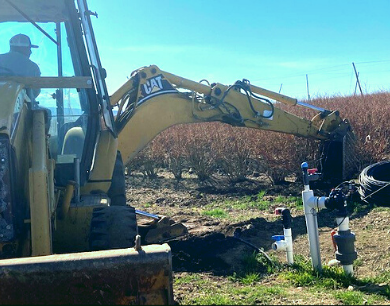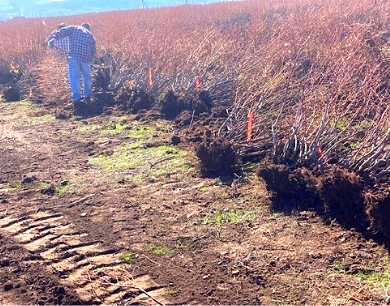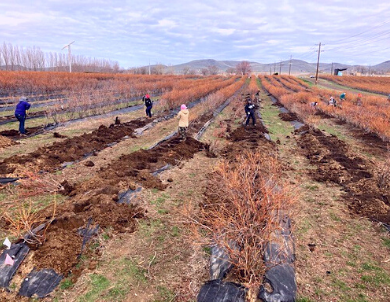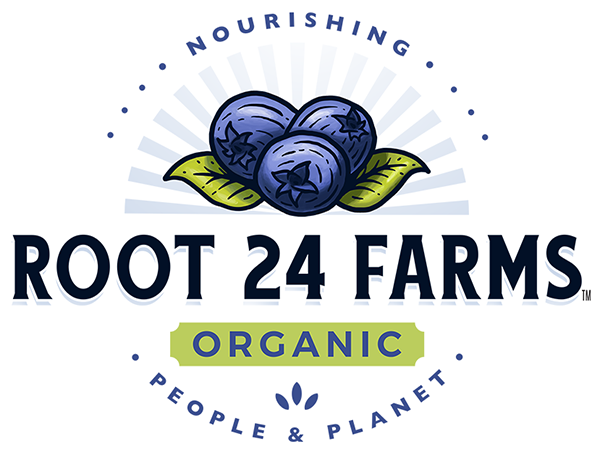No doubt summer harvest time is most people’s favorite time on the organic blueberry farm. That’s when 10 months of hard work and careful observation pay off with and abundance of those plump, sweet, juicy organic blueberries loaded on verdant, green shrubs.
There’s a saying in organic farming that “the best fertilizer is the farmer’s footsteps.” That’s certainly true in our organic blueberry fields in Moxee and Othello, Washington. Our farmers walk the fields and carefully look at each bush during the winter to see which ones are thriving, which ones need a little more something, and which ones just aren’t going to make it. As organic farmers, we don’t use chemicals for manipulate our environment so our crops persist even where they’re not meant to. We work with natural systems to grow our berries in ways the enhance our local ecology and protect precious natural resources. That’s why our farms are certified organic and certified salmon safe.
Sometimes “not making it” has to do with age of the plant, sometimes it has to do with pests, sometimes it’s physical damage of some kind, sometimes it’s a variety that didn’t work so well, and sometimes…well, sometimes we just don’t know. But usually we do and that helps us decide how to replace those shrubs.
While we’re working on our transplanting, we’re paying careful attention to our entire ecosystem. Organic farmers are required to maintain or enhance soil and water quality while also conserving wetlands, woodlands, and wildlife. It’s all this deep knowledge of farming, of our plants, and of nature that allows us to produce the best dang organic blueberries around.
So while you’re dreaming of the summer’s Washington blueberry seasons, we’re out on the farm, doing the work to be sure we all have another great year of gorge-able Root 24 Organic blueberries. Coming in June!
In the meantime, check out our mouth-watering recipes, like our blueberry muffin smoothie, here.
